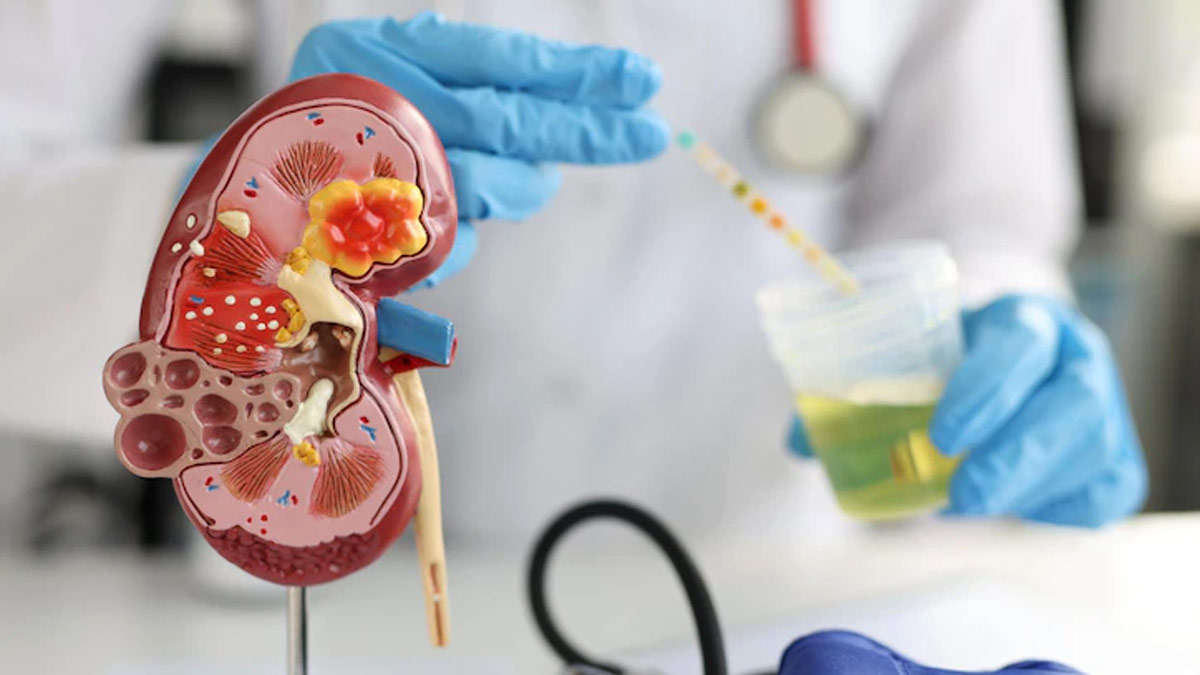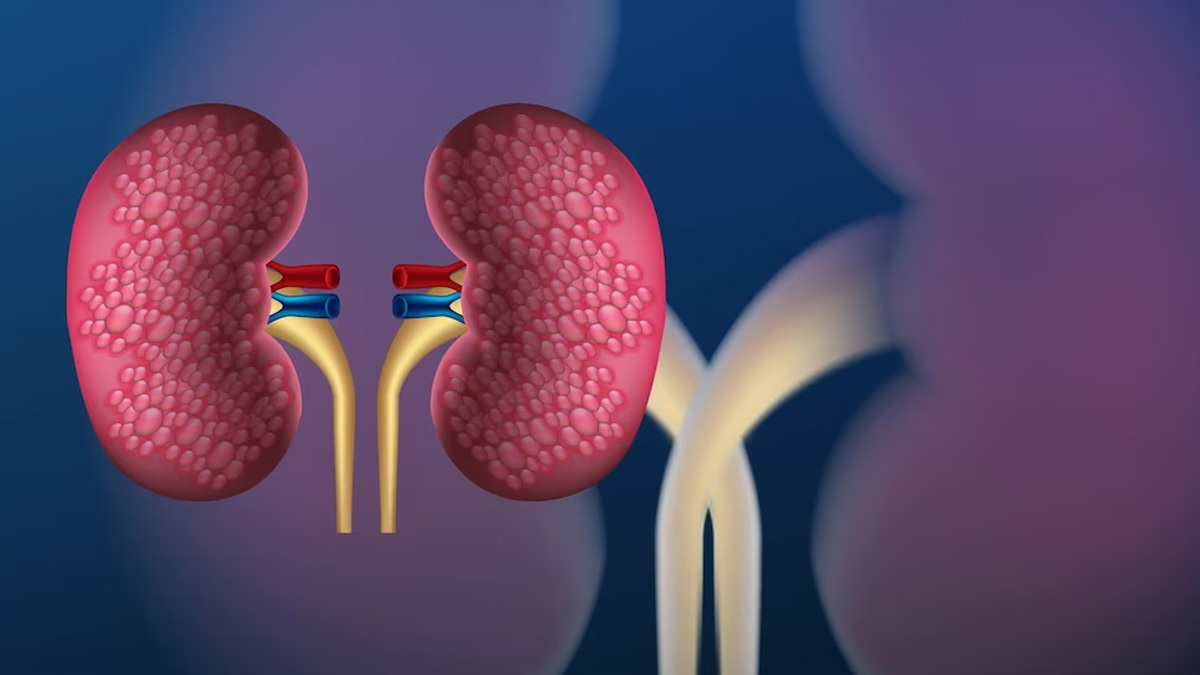
Have you ever got confused to identify whether it is a back pain or a pain due to kidney stones? Sometimes the sensation we feel can be perplexing, making it challenging to identify its source. One common dilemma many people face is distinguishing between kidney stone pain and back pain. Both conditions can cause discomfort, but they occur differently. In this article, Dr Nitin Shrivastava MCh Urology AIIMS, FRCS Urology England, Best Urologist in Gurgaon/Kidney Stone/Prostate Cancer Surgery, explains how to differentiate back pain and kidney stone pain.
Table of Content:-
Pain Caused Due To Kidney Stone
Kidney stones are small, solid deposits that form in the kidneys and can cause extreme pain when they move through the urinary tract. Key characteristics of kidney stone pain include:
“Kidney stone pain usually originates within the kidney itself. It often radiates to either the left or right side of the lower back”, said Dr Shrivastava.
Kidney stone pain is often described as sharp and stabbing. According to Web Md, it can be intensely painful and may come in waves as the stone moves.
Also read: New Treatment Guidelines For Kidney Disease In First Nations People
Back Pain
Back pain, on the other hand, can have various causes and manifests differently from kidney stone pain. Here are some key points to consider:
- Location: Back pain can occur in different regions of the back, including the lower back and the central back. It is not limited to one specific area.
- Nature of Pain: Back pain is often described as dull or aching, although it can vary in intensity. It may persist over time and is not characterised by the sharp, stabbing sensations associated with kidney stones.
- Radiating Pain: “Back pain can sometimes radiate from the lower back down to the hip and thigh. However, the presence of urinary symptoms can help distinguish it from kidney stone pain,” Dr Shrivastava explained.

What Are The Differences Between Back Pain And Kidney Stone Pain
To differentiate between kidney stone pain and back pain, it's essential to consider additional symptoms and factors which include:
Urinary Symptoms
Kidney stones are frequently associated with urinary symptoms such as blood in the urine, frequent urination, and a strong urge to urinate. If you have these symptoms together with back discomfort, it is more likely that you have kidney stones.

Movement of Pain
As mentioned earlier, kidney stone pain tends to be localised on one side and may radiate downward as the stone moves through the urinary tract. Back pain can also radiate but is less likely to have the same sharp, localised nature.
If you're unsure about the cause of your pain, it's important to consult a healthcare professional. They can perform tests like imaging scans, urine analysis, and physical examinations to determine the exact source of your discomfort.
Also read: Polycystic Kidney Disease: Causes and Symptoms
It is important to learn about the key differences, such as pain location, nature, and associated symptoms, which can help you make an informed decision about seeking medical attention. Remember that timely diagnosis and treatment are essential for managing both kidney stones and back pain effectively. If you're in doubt, consult a doctor to ensure you receive the appropriate care and relief from your discomfort.
Also watch this video
How we keep this article up to date:
We work with experts and keep a close eye on the latest in health and wellness. Whenever there is a new research or helpful information, we update our articles with accurate and useful advice.
Current Version